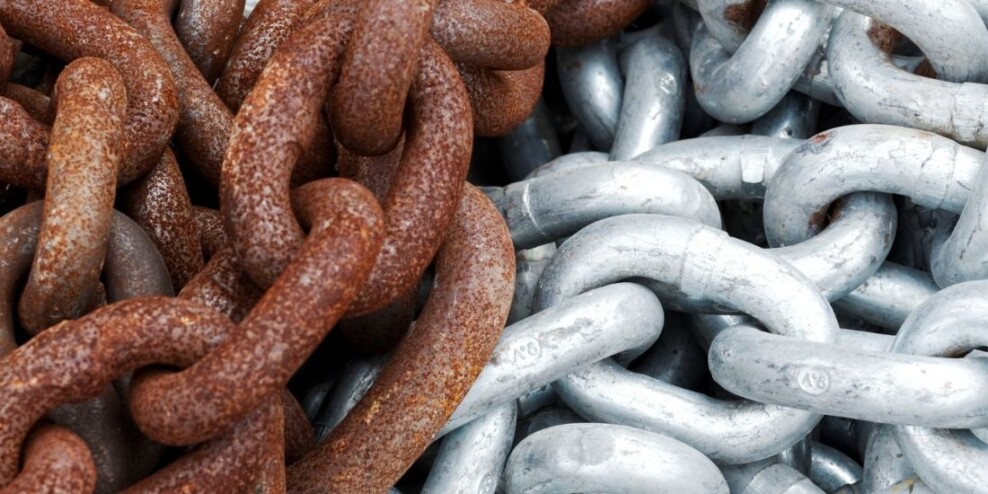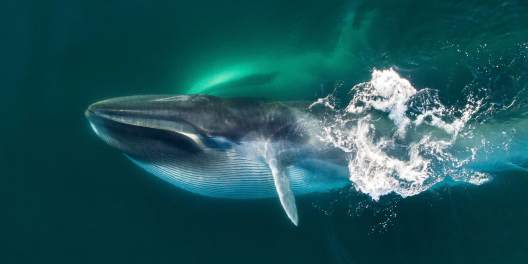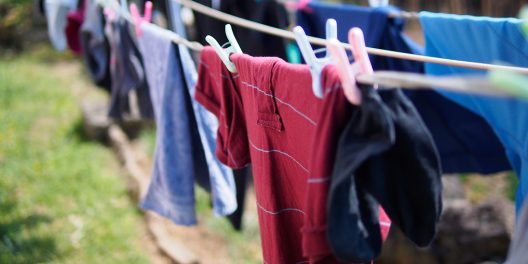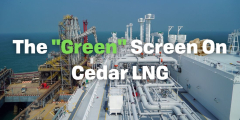
Many companies claim their products are game-changers, but startup Form Energy’s new battery may actually be one of the few who is right.
The Massachusetts-based company revealed a new iron-air battery which, instead of relying on a complicated mix of toxic chemicals and rare metals, uses simple science many kids learn in grade school — that metal iron rusts when exposed to air.
The idea behind the new battery is that the rusting of iron is reversible. As the battery power gets used up, oxygen from the air turns the metal iron into rust. Then when you charge it with energy, the rust is converted back into iron. So the only thing it gives off is oxygen.
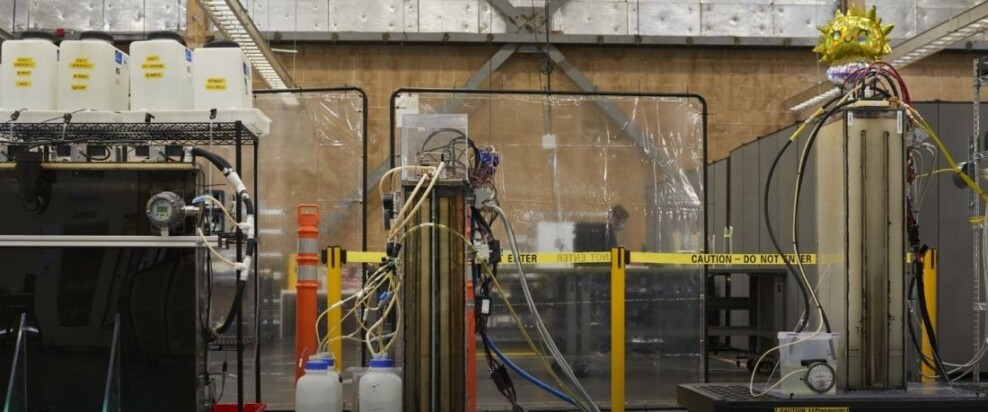
Why is this a game-changer? And why does it matter to BC?
In addition to being simple and non-toxic, these new batteries will be very cheap — $20 per kilowatt-hour, which is 1/10th the cost of the lithium-ion batteries that get used in smartphones and electric cars.
Form’s battery solves the biggest and trickiest problem with renewable energies like wind and solar: they store large amounts of electricity created when the sun is shining and the wind is blowing, so we can use it when it’s dark and still. And they’re pretty cheap.
The company claims their batteries make this challenge a thing of the past. If they’re right, then the transition away from fossil fuels like liquified natural gas (LNG) will speed up. Fast-tracking the shift away from fossil fuels is the most important step we need to fight climate change.
Form’s CEO, Mateo Jaramillo, who developed Tesla Inc.’s Powerwall battery, said, “Our first commercial product, an iron-air battery, will have the ability to make renewable energy available when and where it’s needed, even during multiple days of extreme weather or grid outages.”
Jaramillo told the Wall Street Journal that his company will soon be producing the “kind of battery you need to fully retire thermal assets like coal and natural gas power plants.”
Form’s new battery also doesn’t contain “rare-earth” minerals and other exotic elements constantly in short supply. Instead, it uses iron, one of the most widely available metals on earth.
That’s where BC comes in.
Why would anyone invest in dirty, expensive fracking and LNG projects in BC when they can build cheaper, non-toxic energy storage in their backyards with materials anyone can find almost anywhere — iron and air?
This could be the end for controversial gas projects in BC, like the Coastal Gas Link through Wetʼsuwetʼen territory, the LNG Canada project in Kitimat, and Woodfibre’s LNG project in Squamish.
As Max Fawcett predicts in the National Observer, “Here comes the death of LNG.”
Fawcett says Form’s battery breakthrough “is very bad news for anyone hoping to develop a new LNG export facility in Canada. After all, it was hard enough to navigate the regulatory and political challenges, never mind attracting the billions of dollars needed to actually build it… [And] Form Energy isn’t the only company chasing the holy grail of battery storage technology, and one of its many competitors could easily come along with an even better and cheaper battery technology. The future is electric, and that future is coming faster than many people thought possible. Those who still insist on betting against it are about to learn a very expensive lesson.”
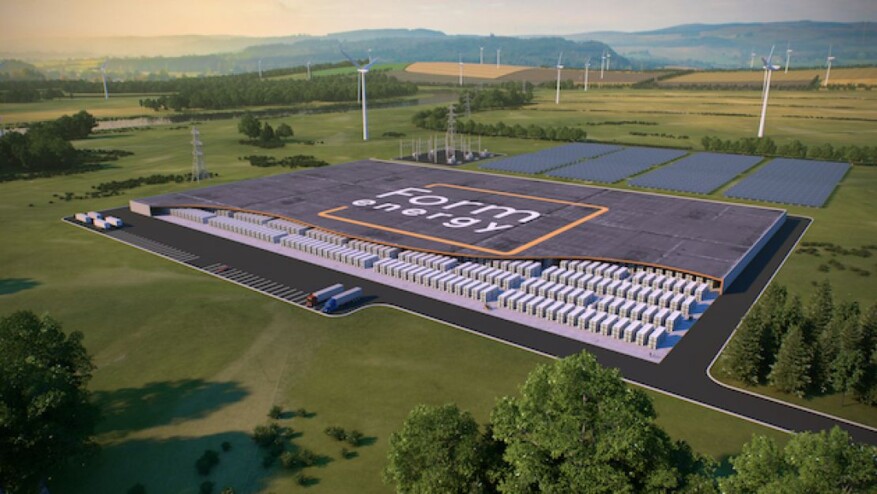
In May 2020, Form Energy signed a contract to build a pilot project in Minnesota, but they didn’t reveal the technology of their breakthrough battery. Because iron is very heavy, Form’s batteries are far too heavy for electric cars. But they’re fine in your backyard.
Form Energy is not some fly-by-night startup operating out of their garage. Its funders include Breakthrough Energy Ventures, a climate investment fund whose investors include Microsoft‘s co-founder Bill Gates and Amazon‘s founder Jeff Bezos.
For Island communities, the new battery could have many benefits. It could speed up the shift to local wind and solar power. It may allow remote towns to have their own power storage. That would make them less vulnerable to power outages when the wind blows the power lines down.
Orcas, whales, and salmon will also be happy if this breakthrough works. It may keep our beautiful and fragile coast from becoming a shipping lane for huge tankers that transport fossil fuels to far-off places.
